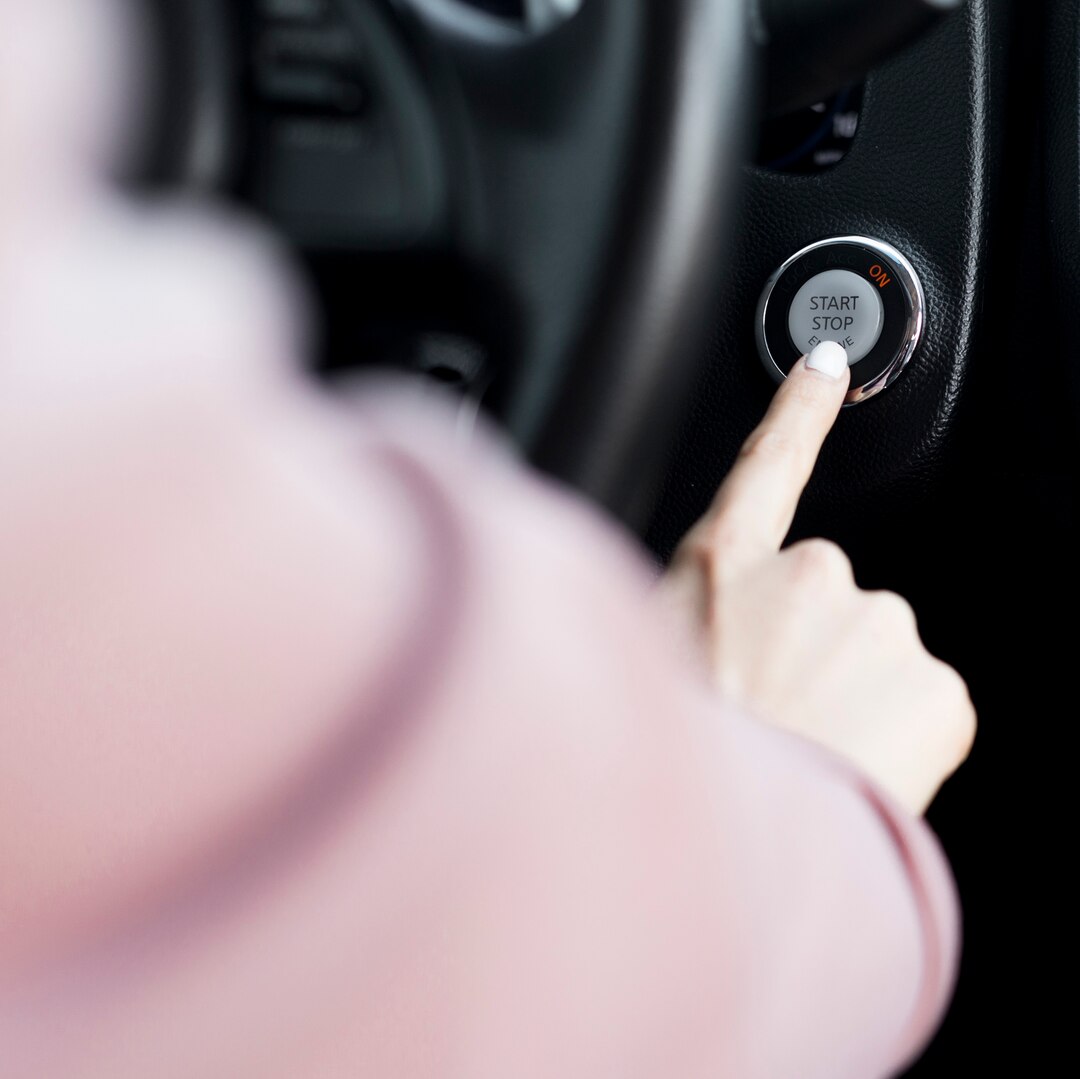The starter motor plays a crucial role in the operation of your vehicle, responsible for initiating the engine’s combustion process by turning over the crankshaft. Over time, wear and tear or electrical issues can cause the starter motor to malfunction, leading to difficulties starting the engine and potential safety hazards on the road. Recognizing the signs of a failing starter motor can help you address the issue promptly and prevent further damage to your vehicle. Here are 10 signs that indicate your car starter motor may need replacement:
1. Engine Cranks Slowly:
- One of the most common signs of a failing starter motor is slow or sluggish cranking when attempting to start the engine. If you notice that the engine takes longer than usual to turn over or sounds labored during startup, it could indicate a problem with the starter motor.
2. Clicking Noise:
- A clicking noise when turning the key in the ignition is another telltale sign of starter motor failure. This clicking sound may occur repeatedly without the engine starting, indicating that the starter motor is struggling to engage the flywheel and initiate the engine’s rotation.
3. Whirring Sound:
- A high-pitched whirring or grinding sound when starting the engine can indicate worn or damaged starter motor components, such as the starter drive gear or solenoid. This noise may occur as the starter motor attempts to engage with the flywheel but fails to do so successfully.
4. Freewheeling:
- Freewheeling occurs when the starter motor spins without engaging with the flywheel or turning over the engine. If you hear a spinning noise but the engine does not start, it may indicate a malfunctioning starter motor or a problem with the starter motor’s engagement mechanism.
5. Intermittent Starting Issues:
- If your vehicle experiences intermittent starting issues, where the engine starts successfully one moment but fails to start the next, it could be a sign of starter motor failure. This inconsistency may indicate an electrical problem within the starter motor or associated components.
6. Dashboard Warning Light:
- Some vehicles are equipped with a dashboard warning light that indicates issues with the starter motor or starting system. If the starter system warning light illuminates on your dashboard, it’s essential to have the vehicle inspected by a qualified mechanic to diagnose the problem accurately.
7. Smoke or Burning Smell:
- Smoke or a burning smell emanating from the engine compartment can indicate overheating or electrical issues with the starter motor. This may be caused by a short circuit, damaged wiring, or excessive friction within the starter motor assembly.
8. Visible Damage:
- Inspect the starter motor for any visible signs of damage, such as corrosion, rust, or oil leaks. Physical damage to the starter motor housing or components can impair its performance and reliability, warranting replacement.
9. Vehicle Doesn’t Start:
- In severe cases of starter motor failure, the engine may fail to start altogether, leaving you stranded. If you turn the key in the ignition and the engine does not crank or respond, it’s likely due to a malfunctioning starter motor that requires immediate attention.
10. High Mileage or Age:
- Starter motors, like many automotive components, have a finite lifespan and may degrade over time, particularly in older vehicles or those with high mileage. If your vehicle is experiencing multiple symptoms of starter motor failure and is nearing the recommended replacement interval, it may be time to install a new starter motor.
If you notice any of these signs or symptoms in your vehicle, it’s essential to address them promptly to prevent further damage and ensure the continued reliability and performance of your car. Consult with a qualified mechanic or automotive technician for a proper diagnosis and replacement of the starter motor, if necessary. By staying vigilant and proactive, you can keep your vehicle running smoothly and safely for years to come.











